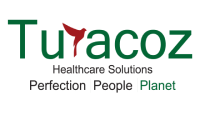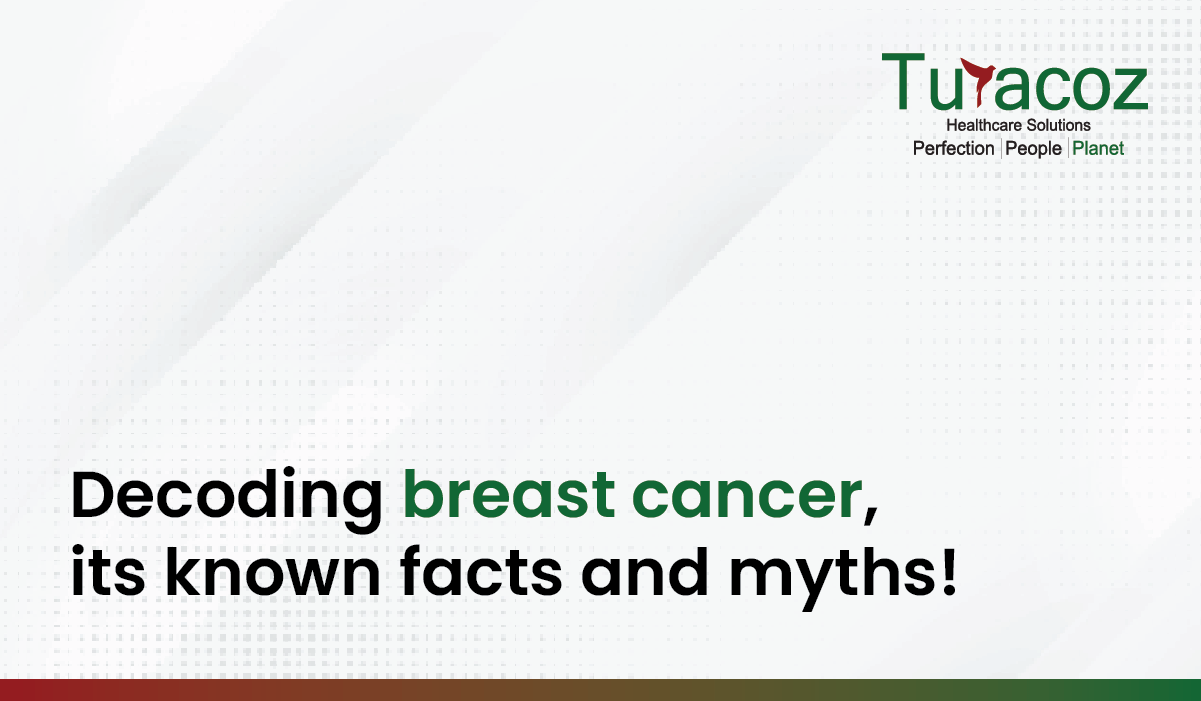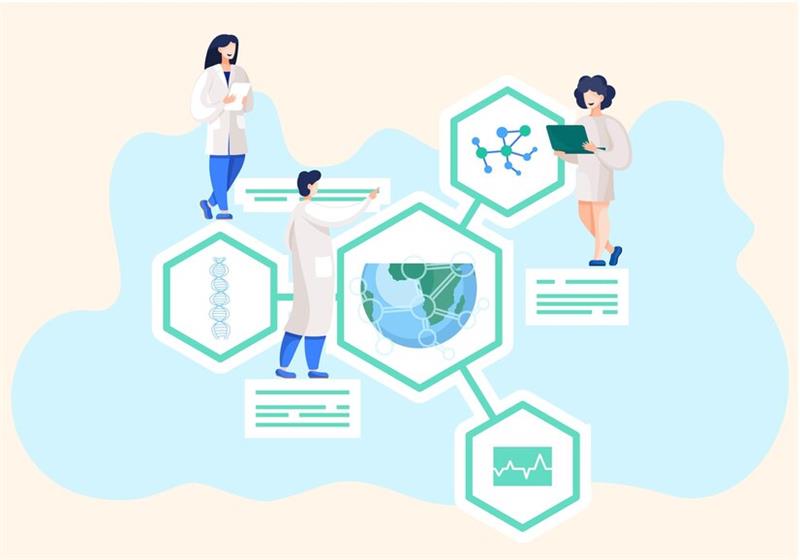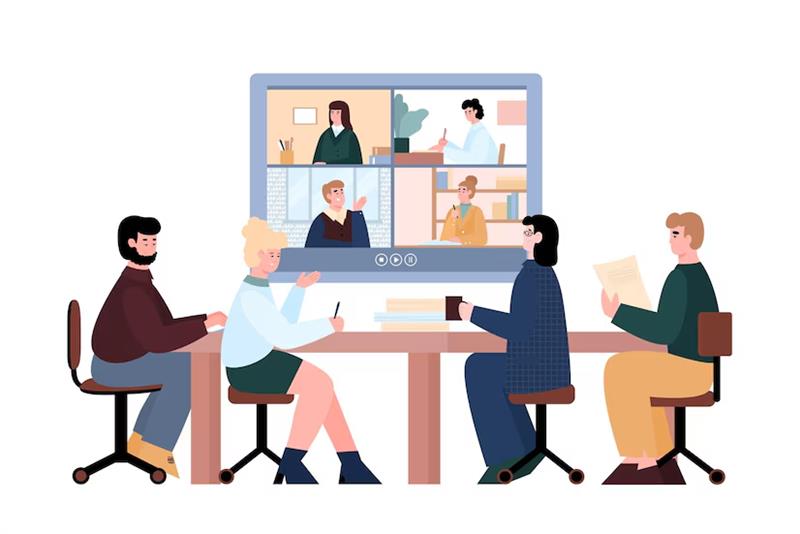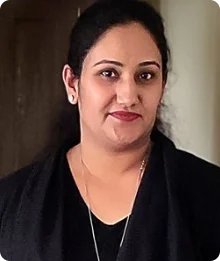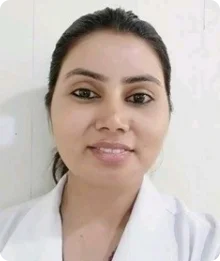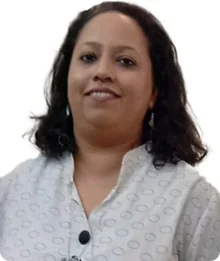Breast cancer is a growing concern as it is reported to be the most common cancer in women worldwide. About 1.7 million new cases and 5,22,000 deaths from breast cancer occur every year. The number of deaths due to breast cancer (3,24,000) are high, in low and middle-income countries.
Risk Factors of Breast Cancer
Risk factors of breast cancer can be divided in to 2 categories; non-modifiable and modifiable factors.
Non-modifiable factors
- Older age: Women over 50 years are likely to suffer from breast cancer
- Genetic mutations: Women who have inherited mutated genes such as BRCA1 and BRCA2 are at a higher risk of developing breast cancer
- Family history: If a woman has a first degree relative (mother, sister, or daughter) or multiple family members on either her mother’s or father’s side of the family suffering from the disease, she has higher chance of developing the disease. Also, a woman’s risk of developing breast cancer is high if she has a first-degree male relative with breast cancer, though this happens rarely in males
- Exposure to radiation therapy: The chance of developing breast cancer is higher among those women who have undergone previous treatment using radiation therapy to chest or breast before the age of 30
- Race: White women are slightly more likely to develop breast cancer than African American women
- Reproductive history: Women who have early menstrual periods before age 12 and starting menopause after age 55 are more likely to develop breast cancer due to long exposure to hormones
- Health/Personal history: Women who have been diagnosed with breast cancer in one breast, have increased risk of being diagnosed with breast cancer in the other breast in the future
- Other factors: Women who took diethylstilbestrol during 1940s through the 1960s, have slightly increased chance of developing breast cancer
Modifiable factors
- Being overweight and Obese: Overweight and obese women are likely to suffer from breast cancer
- Alcoholism and smoking: Frequent alcohol consumption and smoking are found to increase the risk of developing breast cancer in women
- Physical inactivity: Lack of physical activity and sedentary lifestyle is linked to increased risk of breast cancer
- Poor diet: Diet with high saturated fatty acids and lack of fruits, and vegetables increase the risk of breast cancer
- Hormonal replacement therapies: These are usually taken during menopause and can raise the risk of breast cancer specifically if taken for more than 5 years
- Oral contraceptives: Some of oral contraceptives increase the chance of developing breast cancer
Warning Signs and Symptoms of Breast Cancer
It is always best to reach out to your healthcare practitioner, if you are experiencing any signs or symptoms. During the early stages of cancer, the person may suffer from any one or two of the symptoms.
Figure 1: Warning Signs of Breast Cancer
Myth and Truth
- Dairy products or drinking milk causes breast cancer: The truth is till now no studies have reported any link between dairy products or drinking milk and increased risk of breast cancer
- Finding lump in your breast means you have breast cancer: It is not always true that finding lump in your breast means you have breast cancer. But it is always the best to consult a doctor if you find any changes
- Breast cancer only affects women: Though rare, the truth is, it is estimated that each year approximately 2190 men suffer from breast cancer and 410 die. Thus, it is recommended for men also to check themselves and look for any changes and report the same to their doctor
- Mammogram can cause breast cancer to spread: Many people fear breast cancer can spread due to breast compression while getting a mammogram. Also, the exposure to radiation is very little and its benefit outweighs the harm from radiation. It is recommended for women above 40 to get annual mammographic screening
- If you have family history of breast cancer, you are also likely to get it: Studies report that, though at high risk, only 10% of breast cancer patients have family history of breast cancer. However, it is advised that if you have a first degree relative (mother, daughter, sister) with breast cancer below the age of 50, you should get diagnosis done 10 years prior to the age of your relative’s diagnosis. Your chance of getting breast cancer slightly increases if you have a second degree relative (grandmother, aunt) with the disease. However, if there are multiple generations diagnosed with breast cancer on the same side of the family, it means a cancer gene runs through your family and it is advised to get regular check-ups
- Breast cancer is contagious: Breast cancer is the result of uncontrolled cell growth of mutated cells that begin to spread into other tissues within the breast. It is not contagious
- If gene mutation BRCA1or BRCA2 is detected in your DNA, then you will get breast cancer: Not every cancer in such families is linked to a harmful mutation in one of these genes, not every woman who has a harmful BRCA1 or BRCA2 mutation will develop breast and/or ovarian cancer. However, if these genes are detected in a woman, she is 5 times more likely to develop breast cancer compared to the normal one. If such mutations are detected in you, it is recommended to take proactive measures like taking hormonal therapy called tamoxifen or a surgical prevention approach
- Antiperspirants and deodorants can cause breast cancer: No link has been reported between the use of antiperspirants/deodorants and development of breast cancer till now
What can you do to Prevent Breast Cancer?
- Limit your alcohol consumption: It is recommended to limit the drinks to less than one drink a day, as even small amount increases risk
- Don’t smoke: In premenopausal women, link between smoking and cancer has been found. Thus, it is advised to avoid smoking
- Control your weight: Overweight and obese women tend to develop cancer, particularly after menopause. Thus, it is advised to be physically active and take healthy diet to minimize the risk of breast cancer or prevent it. Further, it is recommended to cut down on saturated fat and consume more fibre in your diet
- Breast feeding: Recent studies reported that breast feeding tends to have a protective effect from cancer
- Limit the dose and duration of hormonal therapy: Taking hormone combinations for more than 3 to 5 years can increase the risk of getting breast cancer. It is advised to replace the hormonal therapy with non-hormonal therapy. In case if it cannot be avoided, ask for low dose, and continue to visit your doctor to get monitoring of the length of time you are taking hormones.
- Link between breast cancer and cumulative exposure to radiation over your lifetime are reported. Thus, such tests must be taken only when necessary
- Chances of breast cancer decrease if you bear a child before 30 years of age
Thus, all women need to be aware of breasts cancer signs and symptoms. Self-examination will help to identify any changes in the breasts and if found consult healthcare professional at the earliest to confirm the diagnosis and initiate timely treatment.
Turacoz Healthcare Solutions aims at raising awareness about breast cancer to help women in early detection of breast cancer, if present. An early detection increases your chances for better treatment and recovery.
